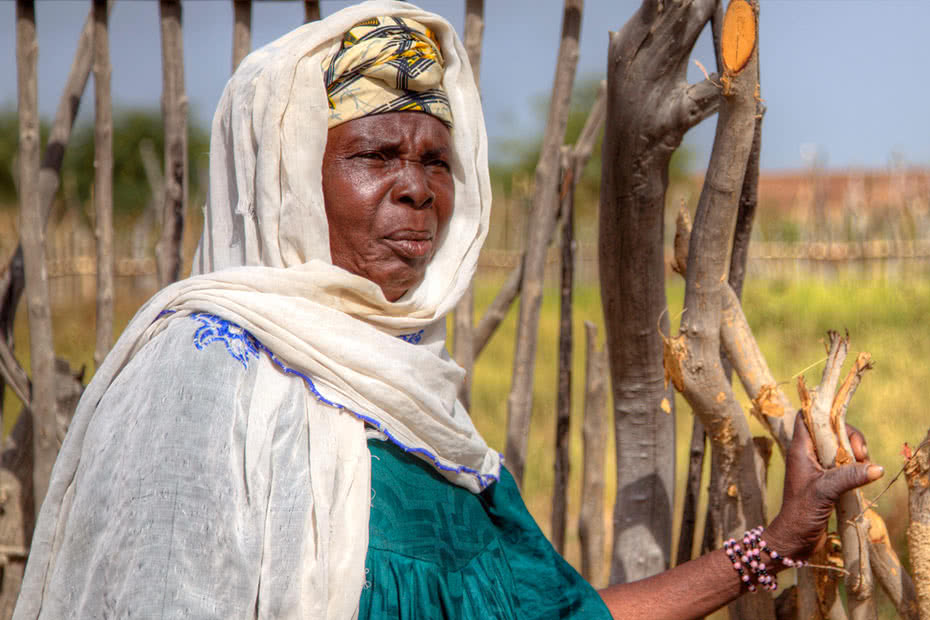CARE began working in Mali in 1975 in response to humanitarian crises of drought and famine.
Since then, we’ve worked to address the underlying causes of poverty in the areas of agriculture, health and education.
Today, Mali remains one of the world’s poorest countries. Decades of armed conflict, successive drought and continued famine have already devastated millions in the most vulnerable communities. Our ongoing work in Mali focuses on food and nutrition assistance.
In November 2014, Mali registered its first case of Ebola, placing added pressure on already stretched health and emergency services. Our emergency teams are working in West Africa, helping to stop the spread of disease by distributing hygiene materials such as soap, water buckets and gloves, showing people proper hand-washing techniques, and promoting hygiene messages through local radio, posters and leaflet drops.
The humanitarian crisis is now growing with a desperate need for food and clean water among people fleeing conflict.
There are more than 53,000 displaced people in the region, due to ongoing conflicts across the country. People in Timbuktu have been most affected. CARE is helping families at risk by providing food assistance and support.
Fast Facts
Population: 17.47 million (July 2016 est.)
Life expectancy: 55.8 years (53.9 years male, 57.7 years female) (2016 est.)
Infant mortality: 100 deaths/1,000 live births (2016 est.)
Under-5 mortality*: 115 deaths/1,000 live births (2015 est.)
Maternal mortality: 587 deaths/100,000 live births (2015 est.)
Adult literacy rate: 38.7% (48.2% male, 29.2% female) (2015 est.)
Access to improved drinking water: 77% (96.5% urban, 64.1% rural)
Access to improved sanitation: 24.7% (37.5% urban, 16.1% rural)
Labour force participation rate^: 81% male, 51% female (2014 est.)
Percentage of seats held by women in national parliament^: 9%
GDP per capita: $2,200 (2015 est.)
Source: CIA World Factbook, *UNICEF, ^World Bank
Donate now
Support our ongoing work to create a more equal world.
Your donation can help end extreme poverty and give people the means to build a better future for themselves in countries like Mali.
For those living in extreme poverty, your support brings education and training, healthcare and clean water, nutritious food, and new ways to earn an income. And in times of crisis, you help us deliver emergency relief. Please donate today.

